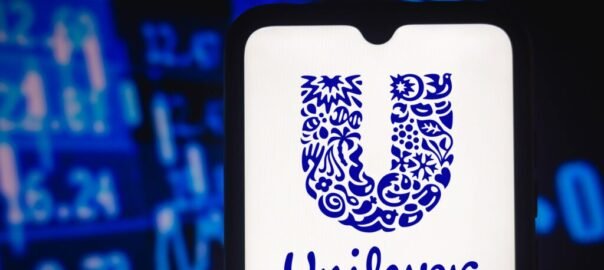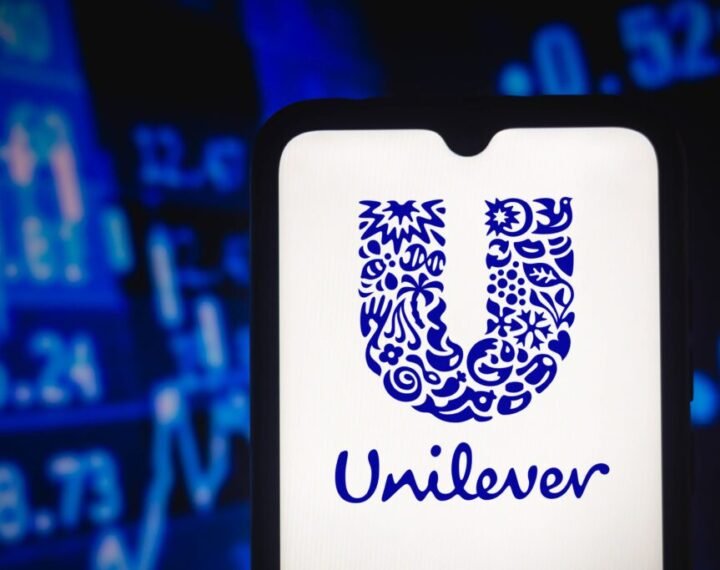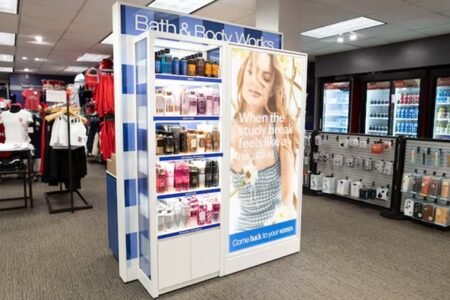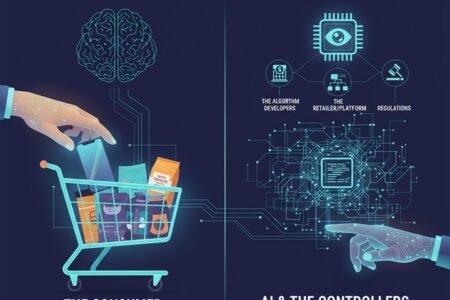
Unilever expands its digital platform for B2C and B2B ecommerce
Unilever projects the platform will eventually serve up to 1.5 million micro-retailers and drive more than €4 billion (approximately $4.28 billion USD) in annual turnover.
Unilever PLC is expanding its cloud-based ecommerce and AI-driven platform for small-format retail across emerging markets.
The company, however, has not announced plans to roll out the platform in the United States. That reflects a strategic focus on high-growth economies where traditional retail remains dominant. Its B2B platform aims to digitizing its distribution trade operations.
Unilever is a London-based global consumer goods company with 2024 revenue of approximately $64 billion. As of April 2025, Unilever’s B2B platform is live in five countries across Asia:
- Indonesia
- Pakistan
- The Philippines
- Thailand
- Vietnam
Its rollout in Bangladesh is currently underway, and the company expects to complete it by May. Unilever projects the platform will eventually serve up to 1.5 million micro-retailers and drive more than €4 billion (approximately $4.28 billion USD) in annual turnover.
“Our goal was to create a future-fit platform that could scale and serve our distributive trade business globally, while adapting to local needs and nuances,” said Prashaant Huria, Unilever’s vice president and chief digital and technology officer for customer development, in a company statement.
Unilever B2B digital platform
Unilever calls its retooled digital platform its “eB2B system.” It connects 500,000 small retailers, 600 distributors, and over 6,000 sales representatives across Asia. It designed the system to cover the entire value chain — from order capture to fulfillment and customer service — using mobile technology and AI tools. The platform currently processes 75,000 orders per day, supporting annualized sales of €2.5 billion ($2.67 billion USD).
Retailers, many operating in rural or underserved areas with unreliable internet access, can browse Unilever’s product catalog, place orders, and access promotions via a mobile app. Distributors use the platform to automate inventory management, optimize delivery routes, and streamline credits and returns.
Comprehensive on-site training and support are being provided to encourage adoption among retailers and distributors, according to Unilever.
Which markets Unilever is focusing on
Unilever’s decision to prioritize emerging markets over mature ones like the United States is rooted in the company’s strategic assessment of growth opportunities. In markets such as Southeast Asia, Africa, and parts of Latin America, mom-and-pop stores continue to represent the dominant channel for fast-moving consumer goods (FMCG) sales — accounting for most volume in many regions.
The company has repeatedly emphasized that while U.S. and European markets are crucial for maintaining brand strength, incremental revenue growth is increasingly coming from emerging economies. In Unilever’s 2024 earnings call, CEO Hein Schumacher said that “future volume and penetration gains will be largely driven by winning in the world’s fastest-growing consumer markets.”
In contrast, the U.S. retail landscape presents less need for Unilever to replicate the same distributive trade platform. It’s characterized by consolidated supply chains, dominant supermarket and mass retail chains, and more mature direct-to-consumer models.
Moreover, logistics challenges that the B2B platform is designed to solve — such as last-mile delivery fragmentation, inventory stockouts at tiny retailers, and lack of real-time visibility — are far less prevalent in the U.S. market, where large-scale distributor relationships and sophisticated ERP systems are already widespread.
Unilever focusing on smaller retailers in emerging markets
The launch of Unilever’s digital platform comes at a time when small retail stores in emerging markets are forecast to grow by 7.6% annually by 2030. These stores traditionally rely on manual ordering processes and are vulnerable to inefficiencies in stock management and delivery scheduling.
By providing access to digital ordering tools, real-time stock updates, and AI-based recommendations, Unilever aims to make small retailers more competitive and resilient. According to Unilever, adoption of the eB2B platform has already led to improvements in retailer satisfaction, as measured by Net Promoter Scores, in countries like Thailand, Vietnam, Indonesia, and the Philippines.
Unilever’s platform incorporates AI models to optimize assortment recommendations for sales representatives. The company says it helps them focus on suggesting the highest-value products during short retailer visits. Image processing tools analyze in-store product placement and stock levels. They enable sales reps to offer more targeted merchandising support.
And on the distributor side, automation ensures that incoming orders are matched to available inventory. Furthermore, any shortfalls automatically trigger resupply requests. Built-in route optimization tools allow distributors to plan more efficient and sustainable delivery routes, reducing operational costs and improving service levels.
“By focusing on the most relevant and high-value products, we can evolve the role of a sales rep beyond just an order taker,” Huria said.
Unilever B2B platform rollout in Asia
The current Asian rollout builds on Unilever’s earlier success with its Shikhar platform in India. That platform digitized distribution for millions of small retailers across India. The company is also developing a version of the eB2B platform tailored for Latin American markets, which face similar fragmentation challenges in retail supply chains.
In Unilever’s view, replicating the Shikhar model in other emerging regions could serve as a critical lever for future revenue growth, operational efficiency, and market share expansion.
Unilever operates in more than 190 countries. It reported 2024 full-year revenue of €59.6 billion ($64 billion USD) and has increasingly turned to digital transformation as a pillar of its corporate strategy. In addition to the eB2B platform, the company is investing in AI to forecast demand, optimize production, and tailor marketing programs more precisely across geographies.
While the company’s current focus is on digitizing emerging markets, Unilever has not ruled out adapting elements of the platform for more developed markets if market dynamics shift. However, for now, its investments remain targeted toward building digital ecosystems where retail structures remain fragmented and digital penetration is still scaling rapidly, the company says.
Author Credits- Mark Brohan, Digital commerce 360









